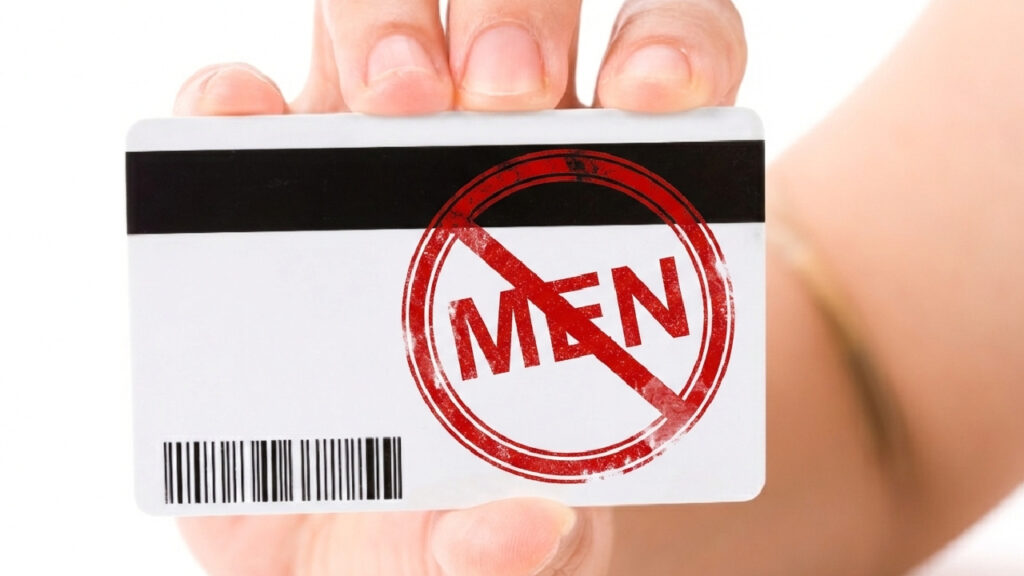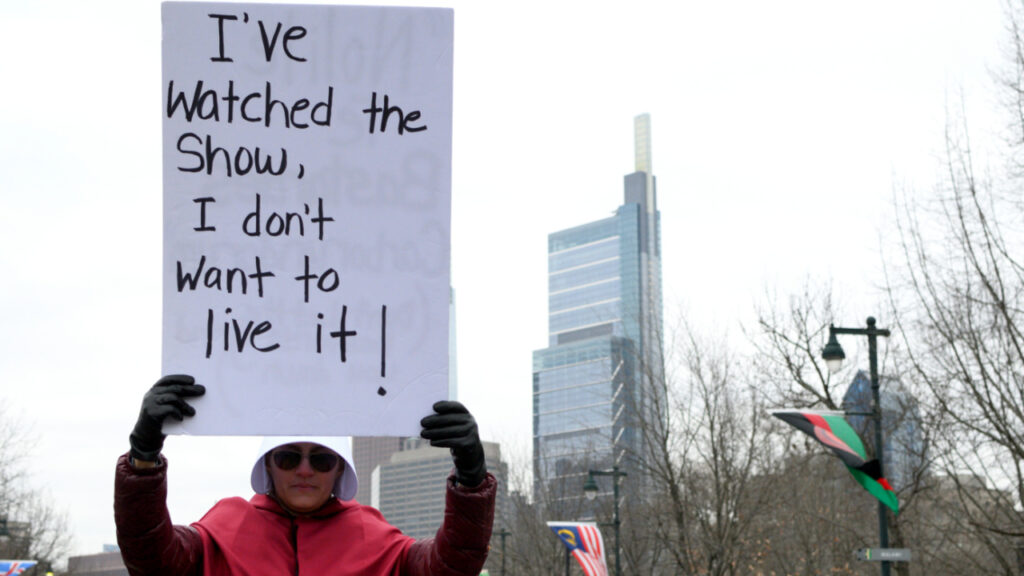
I’m Tired of Being Asked if I’m the Nanny: What It’s Like Raising a Brown Daughter in a White World
My daughter is seventeen months old now, and I have lost track of how many times I have been asked if I am her nanny. It’s happened in many places: parks, museums, even the grocery store. Sometimes, it’s nannies I befriend at the park who wonder if I share their profession. But more often than not, it’s a well-meaning white lady who wants to know if I “take care of” the baby or if she’s “mine.”
I’ve learned to brush it off and answer, “Of course I take care of her. She’s my daughter.” What usually follows is a mix of embarrassment and apologies.
I shared this observation in a recent Instagram post, and it wasn’t surprising that many other Latinas have experienced the same.
I was caught off guard, however, by the way people searched for reasons why some white women assume I am the nanny.
I live in Los Angeles, where there are many Latinas who raise the kids of white families. And to be clear, being a nanny is an arduous and important career. I am super grateful for the Latina women who have helped take care of my daughter when I am at work. However, why is the assumption that people who look like me can only be caregivers and not also mothers who take their children to the same places where white kids play?
One person suggested that I must have married a white man, and therefore, my baby must be lighter skin than me.
“It’s a natural thing that someone would think you weren’t the parent,” she wrote. But is it a natural thing? The truth is that if a white woman were at the park with a Black, Brown, or Asian baby, a baby that looked nothing like her, she still wouldn’t be asked if she was the nanny. Or if she does, I doubt it’s often.
Onlookers might be more likely to assume her baby is of mixed race. My husband is a Brown Mexican, as am I, and our daughter is a beautiful Brown girl.
Others in my comments suggested I should take better care of myself, “put some pintura en los lips,” and dye my hair to cover my greys. “It’s the hair bun,” someone else said.
It is true that as a new mom, I should take better care of myself, starting with protecting my peace from comments about my appearance.
But let’s be honest here. When white women in sweats wear their hair in a bun, their looks are celebrated as “clean girl aesthetic.” Magazine articles, YouTube tutorials, and TikTok videos abound to help us recreate the look.
More than a decade ago, when I worked on Wall Street, I was out at a fancy restaurant with colleagues celebrating a deal we closed. When I walked back to our table from the ladies’ room, another group of diners asked me to bring them water. I had lipstick on, my greys had yet to make their arrival, and I was wearing designer clothing. So, I know from experience that I can be decked out and still be confused for “the help.”
But I understand why some Latinos looked for answers, for justifications, for reasons why I might be confused for my daughter’s nanny, instead of attributing it to racist behaviors and assumptions.
When I was confused for a waitress, I didn’t share it with my colleagues because I was the one who felt embarrassed. I thought about what I wore and how I walked. Had I done something wrong to bring this upon myself?
As a Mexican immigrant, I was taught that if I just spoke better English, got a good education, and earned more money, if I assimilated enough, I would be accepted in America.
I checked all those boxes. I worked on Wall Street for a decade, and still, there were certain spaces where some white people always assumed that I was there to serve, not to partake.
It’s why I wrote “You Sound Like a White Girl: The Case for Rejecting Assimilation” to dispel the myth that assimilation leads to belonging.
But today, I know that when I am confused about my daughter’s nanny, it’s not about me, my looks, or the Spanish I speak to her, but about the racist assumptions some Americans hold as truths.
The last time someone asked me if I was my daughter’s nanny, I just smiled and said, “No, she’s mine.” I didn’t want to spend my energy upset about the beliefs of others.
I have a beautiful daughter to take care of, and she deserves all my love and attention.
Julissa Arce is a best-selling author of My (Underground) American Dream (Entre Las Sombras del Sueño Americano) and Someone Like Me (Alguien Como Yo). She was named one of People en Español’s 25 Most Powerful Women of 2017 and 2019 Woman of the Year by the City of Los Angeles. She is a leading voice in the fight for social justice, immigrant rights, and education equality.




